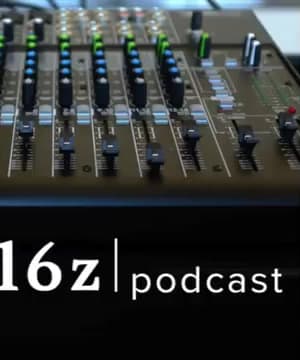Maker governance decisions
Sources:
MakerDAO's governance decision-making process spans both centralized and decentralized elements, evolving through community votes and proposals.
Key Insights on Maker Governance
-
Community Involvement and Challenges:
- MakerDAO's community recently petitioned A16Z to engage more in governance decisions, especially as the foundation dissolves and governance shifts primarily to token holders like A16Z 1.
- Governance power can sometimes disconnect from economic interest, leading to challenges in ensuring decisions benefit all stakeholders 2.
-
Role of MKR Tokens:
-
Centralization vs. Decentralization:
- MakerDAO initially required a centralized foundation but is transitioning towards a more decentralized structure, fully governed by a DAO without foundational oversight 5.
- Essential decisions, such as managing risk and interest rates, are currently made by MKR holders through a democratic voting system, resembling shareholder governance 3.
-
Governance Debates and Proposals:
- Debates often arise on improving accountability and effectiveness of Maker's governance. Proposals, such as those by Hazu, aim to streamline governance to address issues like low accountability and lack of vision 6.
- Comparing Maker's governance to traditional systems reveals its open, permissionless nature, where stakeholders can actively participate in weekly meetings and forums, offering a stark contrast to the more closed, periodic shareholder meetings in legacy systems 7.
-
Potential Solutions and Future Directions:
- To enhance participation and decision-making, the introduction of delegated voting is proposed, allowing users to trustlessly delegate their MKR tokens for governance 4.
Understanding these aspects provides a clear picture of how MakerDAO employs both democratic and strategic approaches to maintain and improve its decentralized financial ecosystem.
RELATED QUESTIONS-
